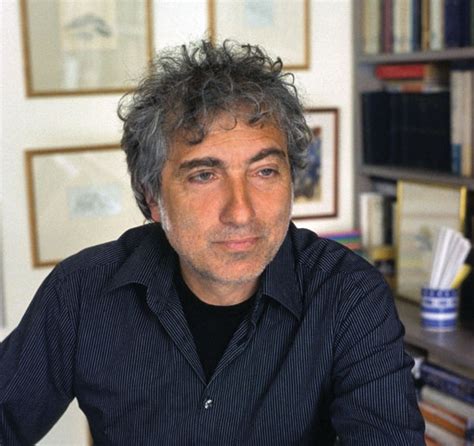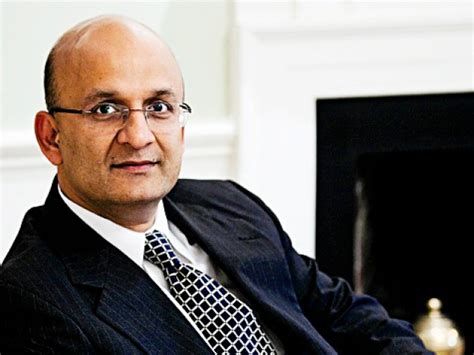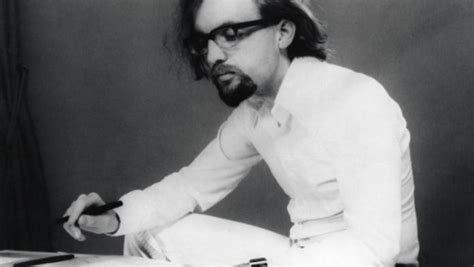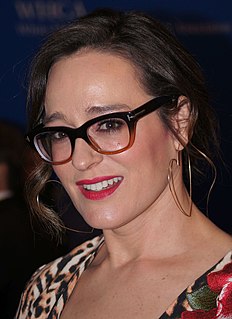A Quote by Robert Hass
Where politics is concerned, I think poets have to be pragmatists, philosophical pragmatists.
Quote Topics
Related Quotes
Many so-called pragmatists want nothing to do with space exploration or other kinds of ambitious endeavours that don't have a clear payoff. This mentality is hugely damaging to our success as a civilization. Our desire to understand the universe is kindled by curiosity and wonder, and this has fuelled countless scientific breakthroughs.
Catholicism is not ritualism; it may in the future be fighting some sort of superstitious and idolatrous exaggeration of ritual. Catholicism is not asceticism; it has again and again in the past repressed fanatical and cruel exaggerations of asceticism. Catholicism is not mere mysticism; it is even now defending human reason against the mere mysticism of the Pragmatists.
Our faith in democracy, personal freedoms and human 'rights', and the other comforting prescriptions of the humanist liberal credo stem from the supremacy of maritime over territorial power. Pragmatists may deplore this as crude determinism, as another vain attempt to construct a general theory of history. They should reflect on the sort of political philosophy and structures we might now adhere to had the Habsburgs, Bourbons, Bonaparte, Hitler, Stalin or his heirs prevailed in the titanic world struggles of the past four centuries.






































